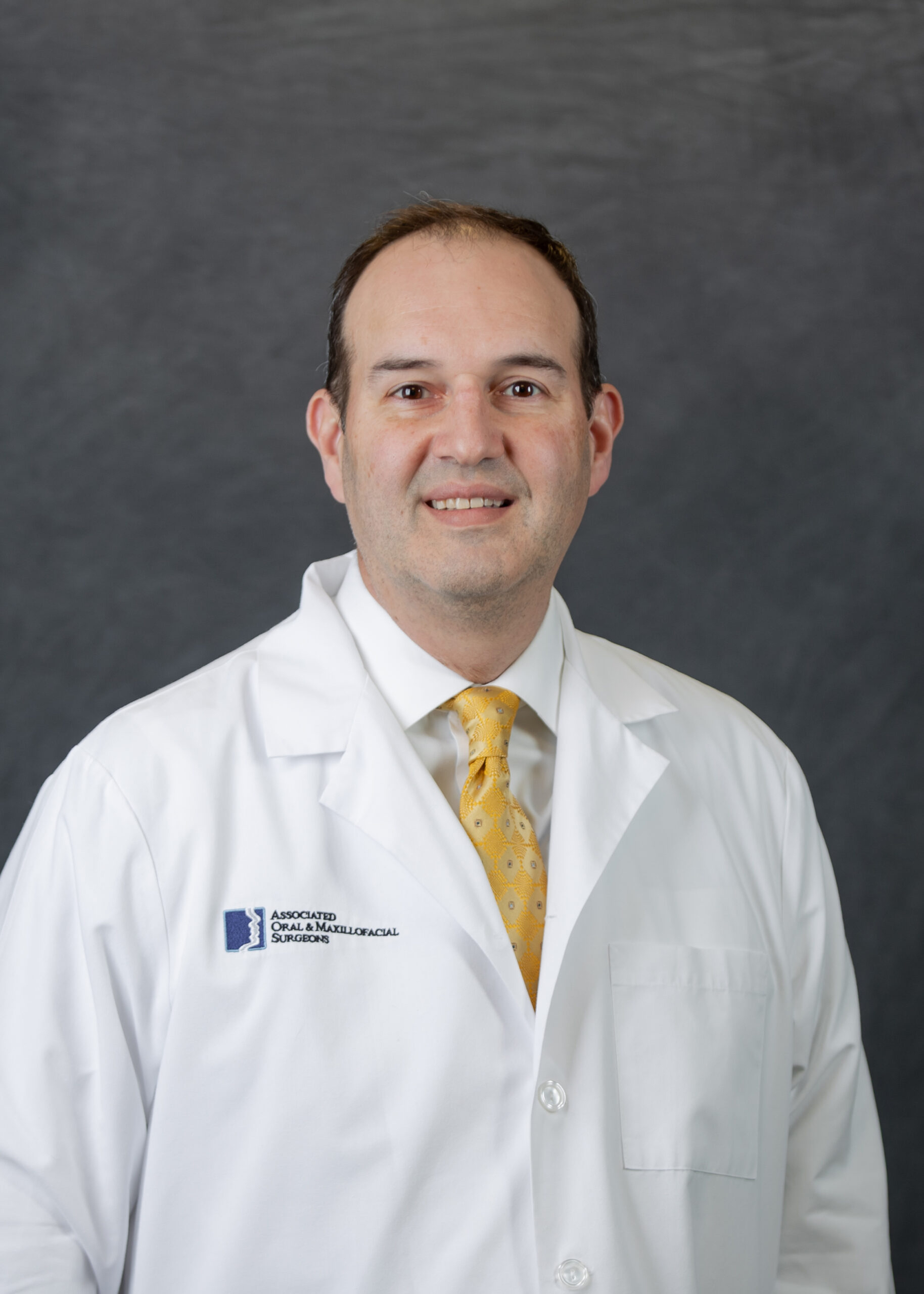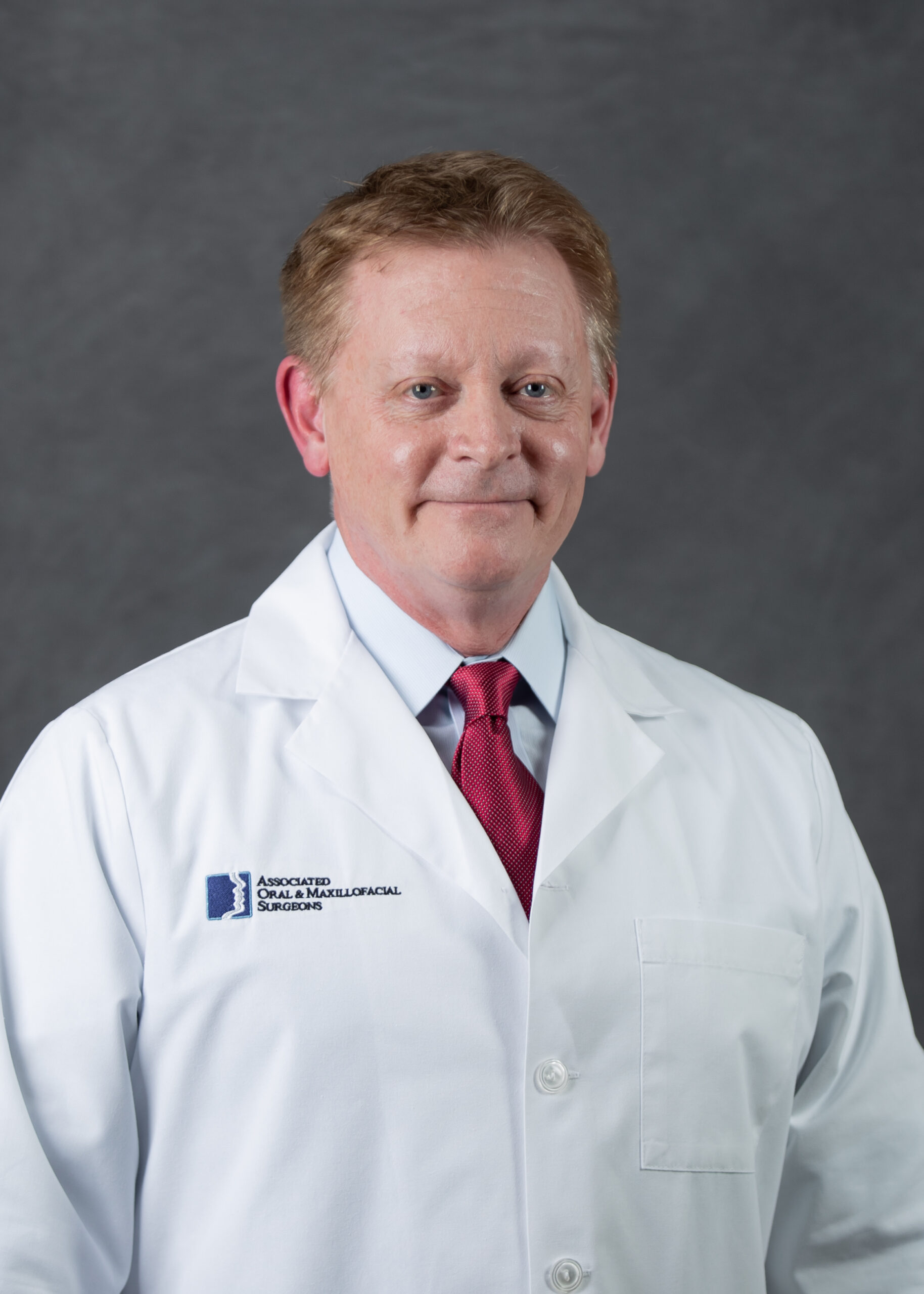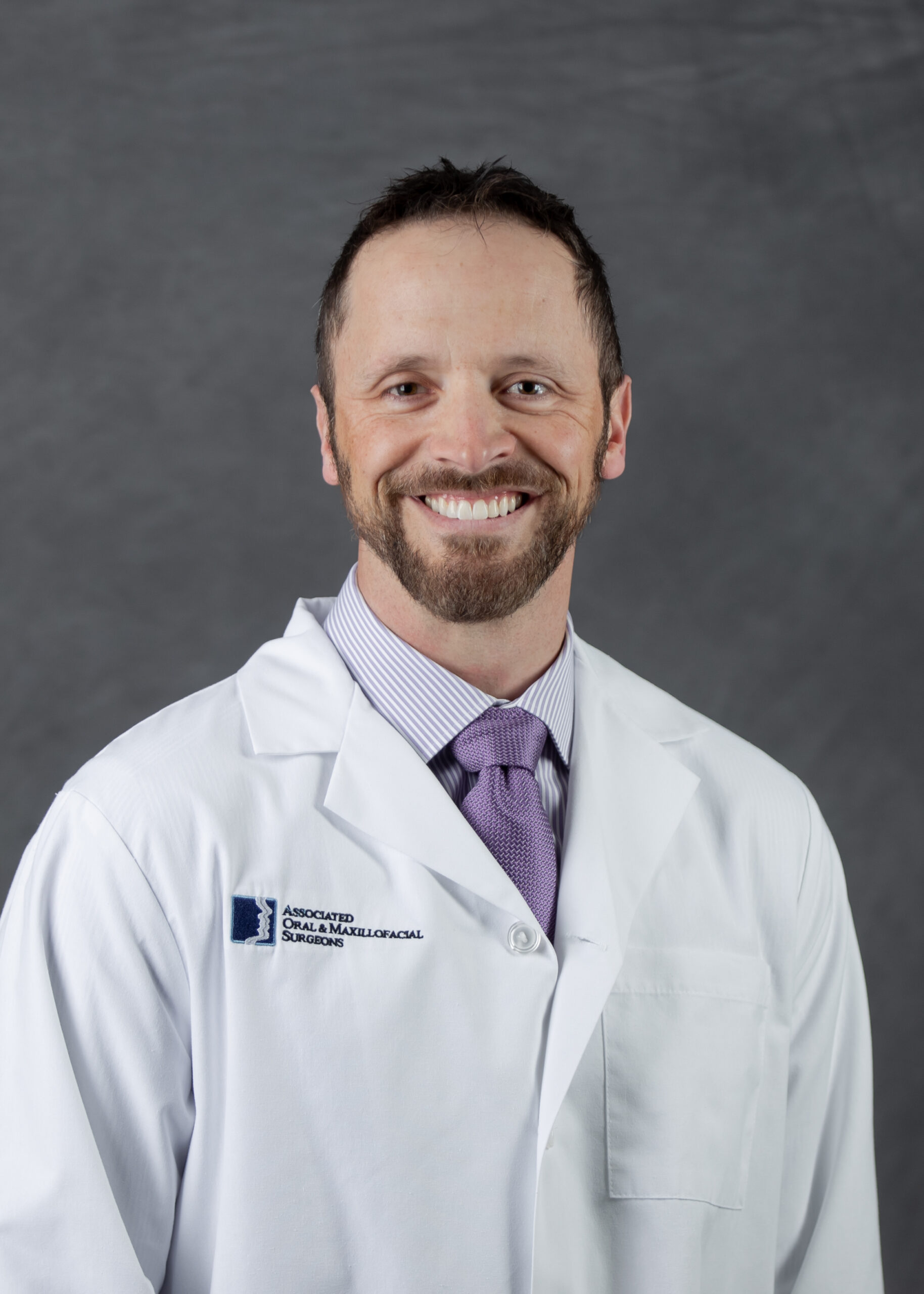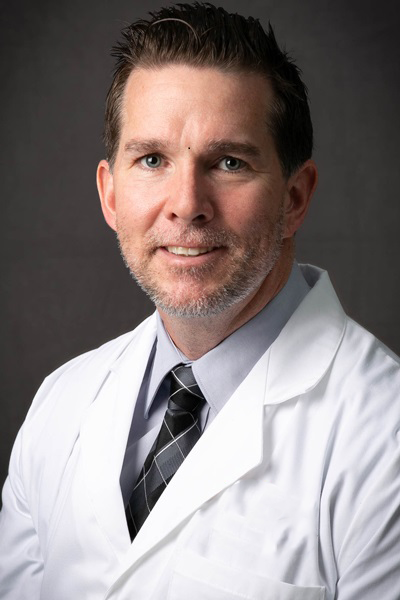Protect your oral health with wisdom tooth extraction
Wisdom Teeth Removal
Wisdom teeth (third molars) typically develop in the mouth during adolescence. Because they are the last teeth to mature, they often crowd neighboring teeth, do not align properly, and cause problems within the gums. Studies demonstrate that over 83 percent of people will encounter one of these problems necessitating wisdom teeth removal within their lifetime.
Many people have wisdom teeth that have become impacted in the jawbone and that never break through the gums. Other people have wisdom teeth that have only partially emerged from the gums or grown out of alignment. These conditions can lead to discomfort, reoccurring infection, and dental crowding.
Even if patients do not experience pain related to their third molars, they may still benefit from wisdom teeth extractions. Removal can help patients avoid more serious problems such as the development of cysts or benign tumors, which can cause long-term dental and sometimes even skeletal damage.
Extracting wisdom teeth at an early age–usually between 14 and 16–can eliminate these risks. Younger patients tend to recover more quickly from wisdom teeth extractions and have a lower chance of complications. However, Associated Oral & Maxillofacial Surgeons supports patients of all ages who require treatment. We provide this treatment at our Peoria and Galesburg locations.
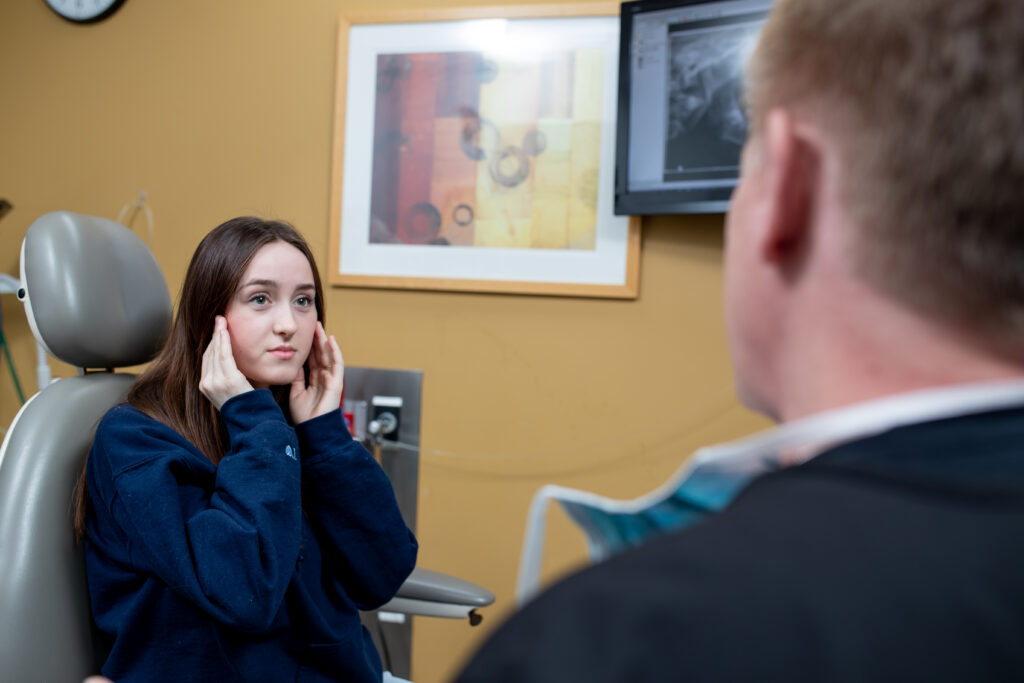
Symptoms of Impacted wisdom Teeth
- Jaw Stiffness
- Tender or Bleeding Gums
- Gum Infection
- Difficulty Opening The Mouth
- Bad Breath
- An Unpleasant Taste in The Mouth
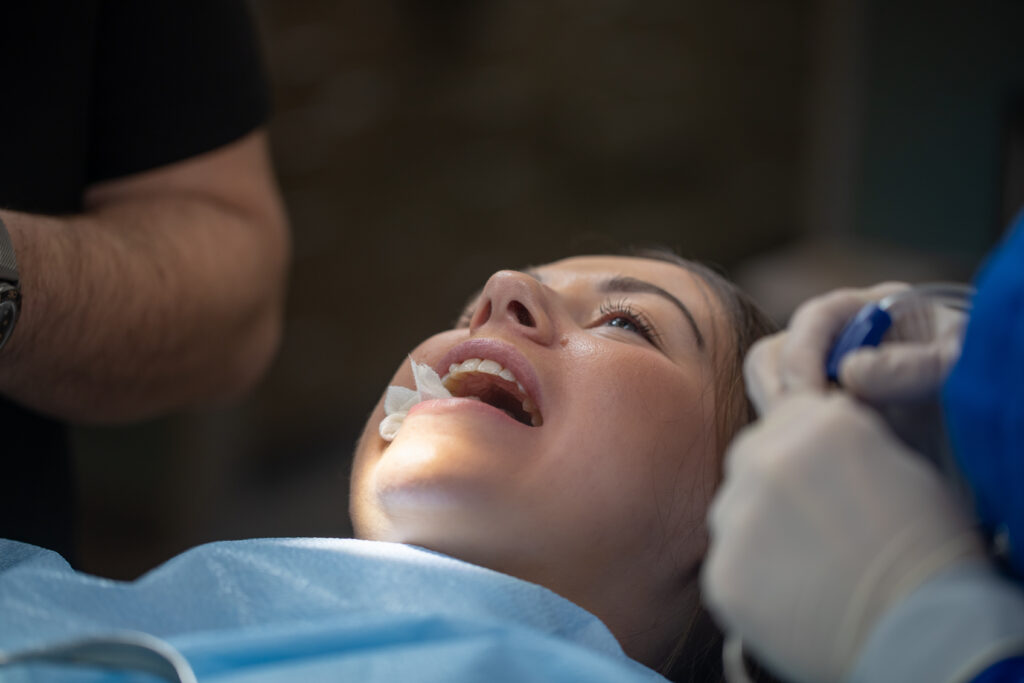
AOS’ Approach to Wisdom Teeth Extractions
Our practice takes special care to evaluate patients comprehensively in advance of treatment. Each person’s needs are unique, so a thorough medical history is obtained and reviewed prior to surgery. In addition, imaging is reviewed to give our doctors an enhanced understanding of the mouth, including:
- The number, position, and condition of the wisdom teeth.
- The quality of supporting bone.
- Skeletal anatomic features that may affect surgery.
This advanced knowledge of each patient’s needs helps AOS surgeons plan precise and effective treatment which is delivered at our Peoria and Galesburg facilities. While wisdom teeth extractions are very common procedures, the surgery calls for a high degree of trainiing to perform safely and predictably. For example, upper wisdom teeth may be positioned near the sinuses and lower wisdom teeth may be located near a sensory nerve. Both are important to preserve as part of surgery.
Typically, our doctors will extract wisdom teeth that have emerged from the gums in the same way we would extract any other molar tooth. Impacted teethrequire a different level of care, however. During these procedures, the doctor will free the tooth from the gums and the surrounding bone and, in some cases, section the tooth to remove it. Our surgeons have extensive experience utilizing these techniques and advanced surgical instrumentation to accomplish the procedure.
Recovery and Results from Wisdom Teeth Extractions
Most of our Peoria and Galesburg patients have two or three days of downtime after the surgery. For example, if you have your wisdom teeth removed on a Thursday or Friday, you will likely return to normal activity by Monday. Patients who are active with sports may require several days more recovery time before returning to heavy exertional activity.
Recuperating from wisdom teeth extractions is fairly straightforward with only limited homecare instructions. We do recommend a restricted diet of liquid and soft foods for 7-10 days after the procedure. Depending on your surgery, you may not need to come back to AOS for a follow-up visit, but your doctor will always be available to you if you have questions or concerns.
If you or your child needs wisdom teeth removal, schedule a phone consultation or in-person visit with our offices in Peoria and Galesburg. Call or contact AOS online for more information.
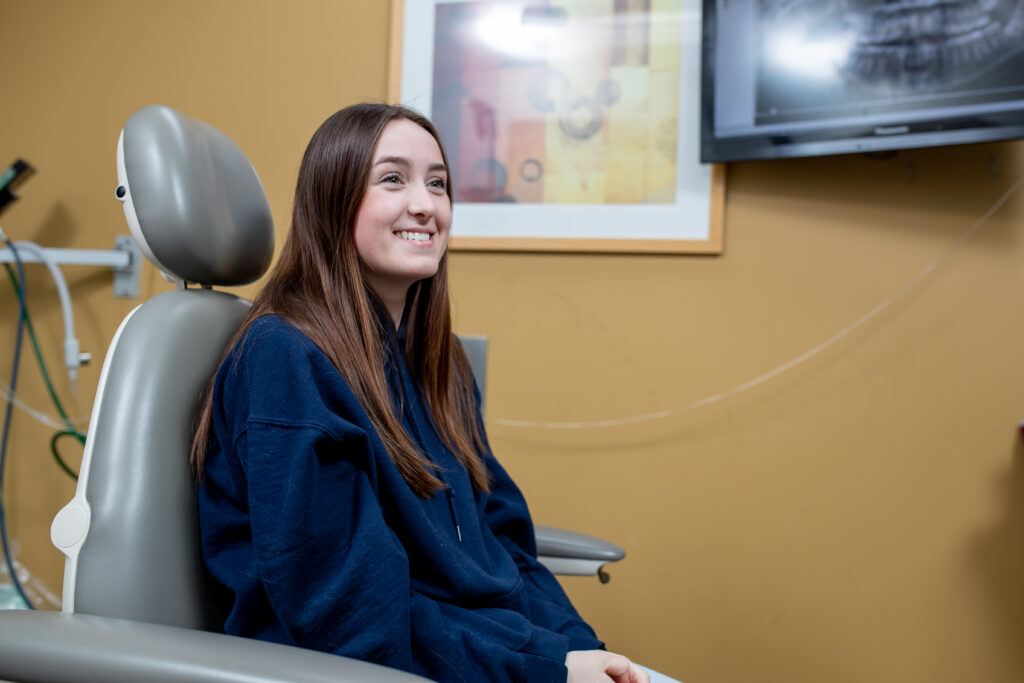
At Associated Oral & Maxillofacial Surgeons, we know how to help you. Our board-certified surgeons and expert staff can provide the care you need to relieve the discomfort you feel.
